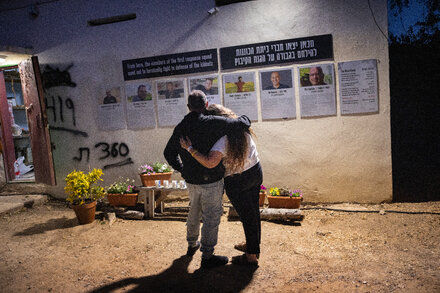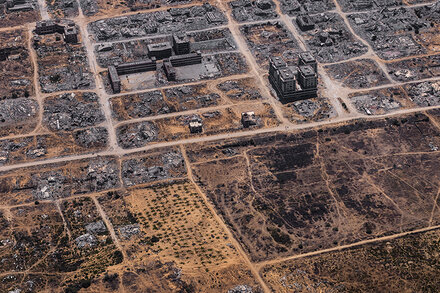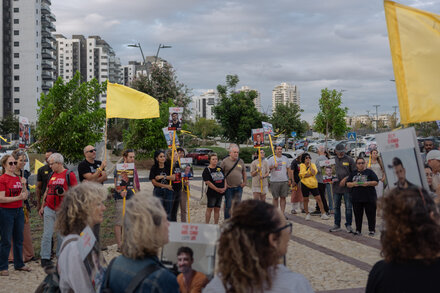
Efforts continue to secure the release of the remaining hostages held in Gaza since the October 7, 2023 attacks. The exact number and condition of these individuals remain a point of intense concern, with families, international mediators, and governments pushing for their immediate return.
The hostages were abducted by Hamas and other militant groups during the cross-border assault on southern Israel. Initially, approximately 240 individuals were taken captive, including Israeli citizens, foreign nationals, and dual citizens. A temporary ceasefire in November 2023 led to the release of over 100 hostages, primarily women and children, in exchange for Palestinian prisoners held by Israel.
Current Status and Conditions
According to estimates by Israeli authorities, a significant number of hostages remain in Gaza. While precise figures are fluid and subject to ongoing intelligence gathering, it is understood that over 100 individuals are still held captive. This number includes both living hostages and those confirmed to have died in captivity, whose bodies are yet to be recovered.
Information regarding the hostages’ health and well-being is scarce and often unverified. Reports from released hostages and intelligence sources have indicated dire conditions, including lack of adequate medical care, poor sanitation, and psychological distress. Families of the hostages have repeatedly expressed profound worry about their loved ones, particularly those with pre-existing medical conditions or elderly individuals.
Negotiation Efforts and Challenges
Intensive diplomatic efforts, primarily led by Qatar, Egypt, and the United States, have been ongoing for months to broker a deal for the release of the remaining hostages. These negotiations typically involve proposals for phased releases, humanitarian aid to Gaza, and a temporary or permanent ceasefire.
A primary sticking point in negotiations has been Hamas’s demand for a comprehensive ceasefire and the release of a large number of Palestinian prisoners, including those convicted of serious offenses, in exchange for the hostages. Israel, while committed to bringing its citizens home, has faced internal pressure regarding the terms of any potential deal, particularly concerning the long-term security implications and the overall prosecution of its military campaign.
Families’ Advocacy
The families of the remaining hostages have formed a powerful advocacy group, regularly holding rallies, meeting with international leaders, and campaigning tirelessly for their loved ones’ release. Their pleas highlight the humanitarian urgency of the situation and seek to maintain global focus on the individuals still held captive.
As the conflict continues, the fate of the remaining hostages remains a critical and deeply emotional issue, central to ongoing diplomatic efforts and public discourse regarding the broader situation in the region.
Source: Read the original article here.





